Puerto rico representation in congress: What is a Resident Commissioner?
What is a Resident Commissioner?
What is a Resident Commissioner?
The Resident Commissioner of Puerto Rico is a congressional Elected Official chosen by the People of Puerto Rico in each General Election to be their authorized representative before the Federal Government.
The Resident Commissioner is a Member of Congress, with the right to participate in the proceedings of the U.S. House of Representatives, introduce legislation, and speak before the chamber on behalf of Puerto Rico’s constituents. However:
- The Resident Commissioner may only vote in the Committees to which she or he belongs
- The Resident Commissioner has no right to vote for the final passing of Bills (not even those related to Puerto Rico) nor for election of the Speaker or other officials.
- There is no apportionment of districts by population for this office, so the one single person in the office represents five times as many citizens as the average Member of the House
Due to Puerto Rico being a US Territory and not a State, it is Congress that has full final authority to make policy decisions about the Island. This authority proceeds from the US Constitution and was affirmed when the US acquired Puerto Rico in the 1899 Treaty of Paris.
This authority proceeds from the US Constitution and was affirmed when the US acquired Puerto Rico in the 1899 Treaty of Paris.
The Constitution of the United States, Article 4 Section 3, provides: “The Congress shall have Power to dispose of and make all needful Rules and Regulations respecting the Territory or other Property belonging to the United States(…)”
After the 1898 Spanish American War, the peace negotiations between the USA and Spain led to the signing of the 1899 Treaty of Paris by which the US took over a number of Spanish territories including Puerto Rico. Article IX of the Treaty states as follows: “The civil rights and political status of the native inhabitants of the territories hereby ceded to the United States shall be determined by the Congress“.
After two years of military rule, Congress passed in the year 1900 what was called the Foraker Actcreating a civil government for Puerto Rico. It is in Section 39 of this law that the office of Resident Commissioner first appears:
Section 39. – That the qualified voters of Porto Rico shall, on the first Tuesday after the first Monday of November, A.D. nineteen hundred, and every two years thereafter, choose a resident commissioner to the United States, who shall be entitled to official recognition as such by all Departments, upon presentation to the Department of State of a certificate of election of the governor of Porto Rico, and who shall be entitled to a salary, payable monthly by the United States, at the rate of five thousand dollars per annum: Provided, That no person shall be eligible to such election who is not a bona fide citizen of Porto Rico, who is not thirty years of age, and who does not read and write the English language.
– That the qualified voters of Porto Rico shall, on the first Tuesday after the first Monday of November, A.D. nineteen hundred, and every two years thereafter, choose a resident commissioner to the United States, who shall be entitled to official recognition as such by all Departments, upon presentation to the Department of State of a certificate of election of the governor of Porto Rico, and who shall be entitled to a salary, payable monthly by the United States, at the rate of five thousand dollars per annum: Provided, That no person shall be eligible to such election who is not a bona fide citizen of Porto Rico, who is not thirty years of age, and who does not read and write the English language.
(Under the Foraker Act all Puerto Rico elected officials served two year terms.)
At first, the Resident Commissioner was a post especially created for the territories of Puerto Rico and the Philippines, and the Law did not specify his responsibilities or rights in the House of Representatives, which led to being denied floor privileges or presence in congressional deliberations.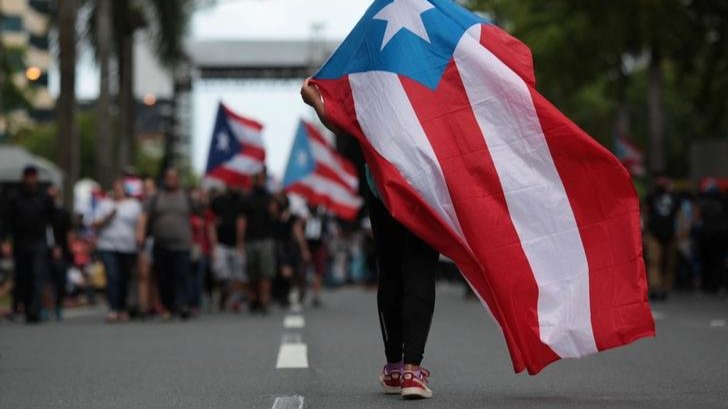 It was not until 1904 that the House amended its Rules to grant the Resident Commissioner the same right to speak on the floor and to serve on committees as was accorded to the other Territorial Delegates.
It was not until 1904 that the House amended its Rules to grant the Resident Commissioner the same right to speak on the floor and to serve on committees as was accorded to the other Territorial Delegates.
On 2 March 1917 the next Organic Act, known as Jones Act, was signed. Among its provisions, this is most notable for extending American Citizenship to the people of Puerto Rico. But also, in its Article 36, it amended the election terms of the Resident Commissioner and explicitly made it Law that this official was to be treated as a Member of the US House of Representatives. With the passing of Public Law 81-600, on 3 July 1950, the Jones Organic Act was amended and renamed Puerto Rico Federal Relations Act keeping in place its provisions regarding the Resident Commissioner which are today codified, after further amendments, as 48 U.S.C. 891-894:
The qualified electors of Puerto Rico shall choose a Resident Commissioner to the United States at each general election, whose term of office shall be four years from the 3d of January following such general election, and who shall be entitled to receive official recognition as such commissioner by all of the departments of the Government of the United States, upon presentation, through the Department of State, of a certificate of election of the Governor of Puerto Rico.
No person shall be eligible to election as Resident Commissioner who is not a bona fide citizen of the United States and who is not more than twenty-five years of age, and who does not read and write the English language. In case of a vacancy in the office of Resident Commissioner by death, resignation, or otherwise, the governor, by and with the advice and consent of the Senate, shall appoint a Resident Commissioner to fill the vacancy, who shall serve until the next general election and until his successor is elected and qualified.
The Resident Commissioner shall receive a salary payable monthly by the United States. He shall be allowed the same sum for stationery and for the pay of necessary clerk hire as is allowed Members of the House of Representatives of the United States. He shall be allowed the franking privilege granted Members of Congress.
The salary and traveling expenses of the Resident Commissioner from Puerto Rico to the United States shall be paid by the Chief Administrative Officer of the House of Representatives in the same manner as the salaries of the members of the House of Representatives are paid.
This makes the Resident Commissioner of Puerto Rico the only Member of Congress with a four-year elected term.
In keeping with the provisions of P.L. 81-600, the ratification in 1952 of the Constitution of Puerto Ricounder the Federal Relations Act did not affect the figure of the Resident Commissioner.
Since 1900 there have been 20 Resident Commissioners of Puerto Rico, the first one, Federico Degetau and the latest, Jenniffer González-Colón, both republicans and she the first woman to hold this post.
For more on the Resident Commissioners of Puerto Rico, go to the link on each of their names:
Federico Degetau y González 1862-1914; Republican Party; Congresses: 57th (1901-1903), 58th (1903-1905)
Tulio Larrínaga y Torres-Vallejo 1847–1917, Unionist Party; Congresses: 59th (1905–1907), 60th (1907–1909), 61st (1909–1911)
Luis Muñoz-Rivera 1859–1916; Unionist Party; Congresses: 62nd (1911–1913), 63rd (1913–1915), Congreso 64th (1915–1917)
Félix Córdova-Dávila 1878–1938; Unionist Party and Alliance Party; Congresses: 65th (1917–1919), 66th (1919–1921), 67th (1921–1923), 68th (1923–1925), 69th (1925–1927), 70th (1927–1929), 71st (1929–1931), 72nd (1931–1933)
José Lorenzo Pesquera 1882-1950, no party affiliation, 72nd Congress (1931–1933)
Santiago Iglesias-Pantín 1872–1939; United Republican and Socialist Coalition; Congresses: 73rd (1933–1935), 74th (1935–1937), 75th (1937–1939), 76th (1939).
Bolivar Pagán 1897–1961; United Republican and Socialist Coalition; Congresses: 76th (1939–1941), 77th (1941–1943), 78th (1943–1945)
Jesús Toribio Piñero 1897–1952 Popular Democratic Party; 79th Congress (1945–1946)
Antonio Fernós-Isern 1895–1974 Popular Democratic Party; Congresses: 79th (1946–1947), 80th (1947–1949), 81st (1949–1951), 82nd (1951–1953), 83rd (1953–1955), 84th (1955–1957), 85th (1957–1959), 86th (1959–1961), 87th(1961–1963), 88th (1963–1965)
Santiago Polanco-Abreu 1920–1988 Popular Democratic Party; Congresses: 89th (1965–1967), 90th (1967–1969)
Jorge Luis Córdova-Díaz 1907–1994 New Progressive Party; Congresses: 91st (1969–1971), 92nd (1971–1973)
Jaime Benítez 1908–2001 Popular Democratic Party; Congresses: 93rd (1973–1975), 94th (1975–1977)
Baltasar Corrada-del Río 1935-2018 New Progressive Party; Congresses: 95th (1977–1979), 96th (1979–1981), 97th (1981–1983), 98th (1983–1985)
Jaime B. Fuster 1941–2007 Popular Democratic Party; Democrat Caucus; Congresses: 99th (1985–1987), 100th (1987–1989), 101st (1989–1991), 102nd (1991–92)
Antonio J.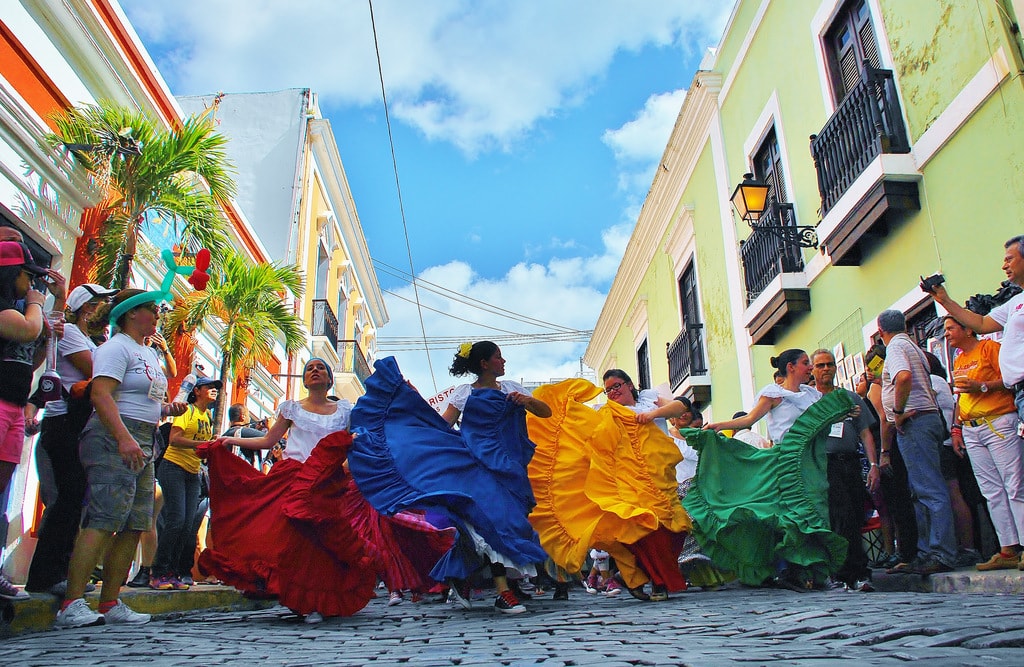 Colorado 1939- Popular Democratic Party; Democrat Caucus; 102nd Congress (1992–1993)
Colorado 1939- Popular Democratic Party; Democrat Caucus; 102nd Congress (1992–1993)
Carlos Antonio Romero-Barceló 1932- 2021 New Progressive Party; Democrat Caucus; Congresses: 103rd (1993–1995), 104th (1995–1997), 105th (1997–1999), 106th (1999–2001)
Aníbal Acevedo-Vilá 1962- Popular Democratic Party; Democrat Caucus; Congresses: 107th (2001–2003), 108th (2003–2005)
Luis Guillermo Fortuño 1960- New Progressive Party; Republican Caucus; Congressses: 109th (2005–2007), 110th (2007–2009)
Pedro Pierluisi 1959- New Progressive Party; Democrat Caucus; Congresses: 111th (2009–2011), 112th (2011–2013), 113th (2013–2015), 114th (2015–2017)
Jenniffer A. González Colón 1976- New Progressive Party; Republican Caucus; 115thCongress (2017–2019), 116th (2019-2020) , 117th (2021-2022)
El Comisionado Residente de Puerto Rico es un funcionario electo por el Pueblo de Puerto Rico en las elecciones generales, quien tiene la autoridad de representar a la Isla ante el gobierno federal de los Estados Unidos.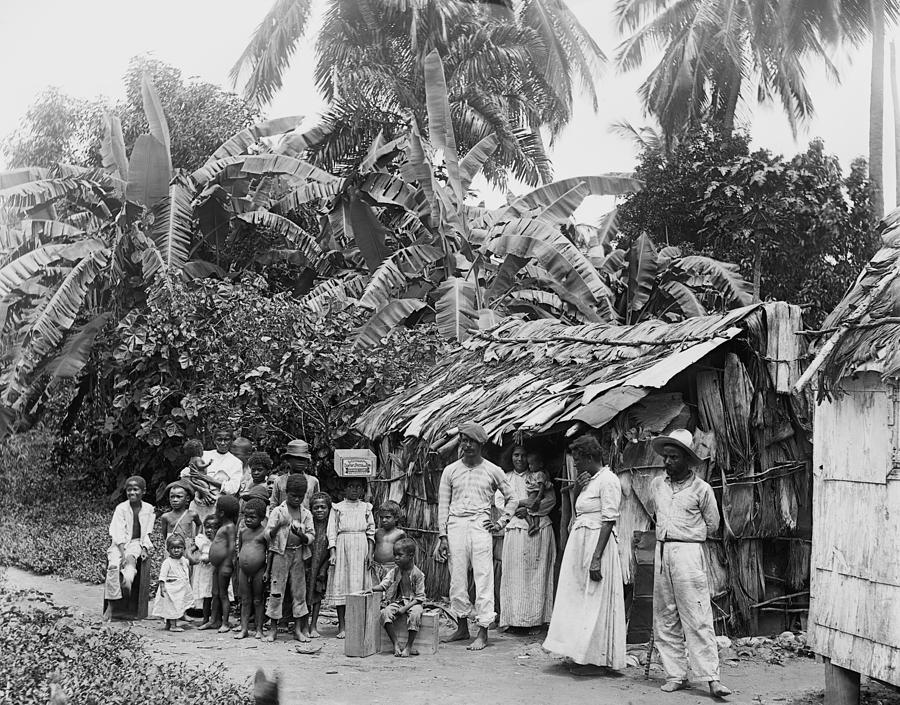
El Comisionado Residente es un miembro de la Cámara de Representantes de los Estados Unidos con derecho a participar en vistas y debates, presentar proyectos de ley, abogar por los intereses de su jurisdicción ante las agencias federales y dirigirse al pleno a nombre de sus, pero:
Image
Por ser Puerto Rico un territorio de los Estados Unidos, es el Congreso quien tiene la autoridad sobre las decisiones sobre la Isla. Esta autoridad emana de la Constitución de los Estados Unidos y fue nuevamente expresa cuando los Estados Unidos adquirió a Puerto Rico bajo el Tratado de Paris.
La Constitución de los Estados Unidos, en su Artículo 4, Sección 3 establece que “El Congreso tendrá poder para disponer y hacer todas las Reglas y Reglamentos necesarios respecto del Territorio u otra Propiedad perteneciente a los Estados Unidos…“.
Luego de la Guerra Hispanoamericana de 1898, España y Estados Unidos firmaron un acuerdo de paz conocido como el Tratado de Parísdonde la nación americana adquirió territorios que hasta entonces estaban bajo el dominio español, entre ellos Puerto Rico.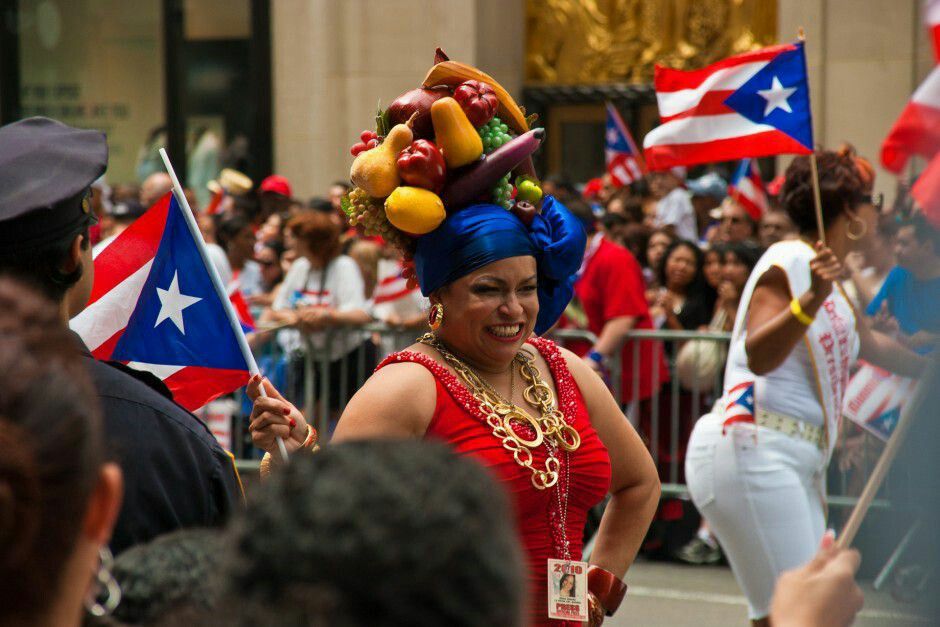 En el Artículo IX del Tratado de Paris se expresa que “Los derechos civiles y la condición política de los habitantes naturales de los territorios aquí cedidos a los Estados Unidos se determinarán por el Congreso“.
En el Artículo IX del Tratado de Paris se expresa que “Los derechos civiles y la condición política de los habitantes naturales de los territorios aquí cedidos a los Estados Unidos se determinarán por el Congreso“.
Luego de dos años bajo una gobierno militar, el Congreso de los Estados Unidos aprueba la Ley Foraker en 1900 donde le otorga un gobierno civil a Puerto Rico. Ahí, en el Artículo 39, nace la figura del Comisionado Residente a los Estados Unidos.
Image
Image
Artículo 39. Los electores capacitados de Puerto Rico elegirán, el primer martes después del primer lunes de noviembre, A.D., de mil novecientos, y cada dos años después, un Comisionado a los Estados Unidos, quien tendrá derecho a reconocimiento oficial como tal por todos los Departamentos, a la presentación en el Departamento de Estado de un certificado de elección extendido por el Gobernador de Puerto Rico, y dicho Comisionado tendrá derecho a un sueldo, pagadero mensualmente por los Estados Unidos, a razón de cinco mil dólares por año.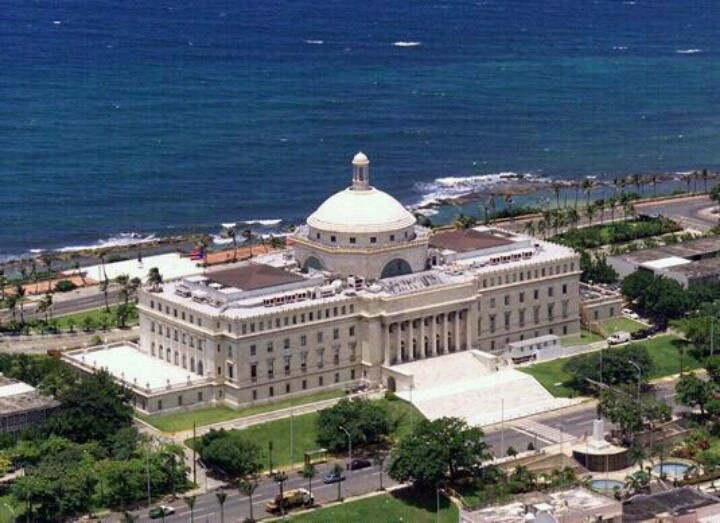 Disponiéndose, que ninguna persona será elegible para dicho cargo que no sea real y efectivamente vecino de Puerto Rico, mayor de treinta años y no sepa leer y escribir el idioma inglés.
Disponiéndose, que ninguna persona será elegible para dicho cargo que no sea real y efectivamente vecino de Puerto Rico, mayor de treinta años y no sepa leer y escribir el idioma inglés.
Bajo la Ley Foraker los funcionarios electos de Puerto Rico cumplían términos de dos (2) años. Inicialmente, el cargo de Comisionado Residente existió como un puesto especial para los territorios de Puerto Rico y Filipinas y no se especificó en la Ley que tuviera los mismos deberes y derechos que los Delegados Congresionales de los demás territorios, por lo cual no tenía privilegios de acceso al pleno del Cuerpo o las deliberaciones de comisiones. No fue sino hasta 1904 que la Cámara de Representantes, mediante enmienda a su Reglamento, le reconoce el derecho a voz en el pleno y a participación en las comisiones en igualdad con los demás delegados territoriales.
El 2 de marzo de 1917, se firma la Carta Orgánica conocida como Ley Jones que, entre otros decretos, otorga la ciudadanía americana a los habitantes de Puerto Rico.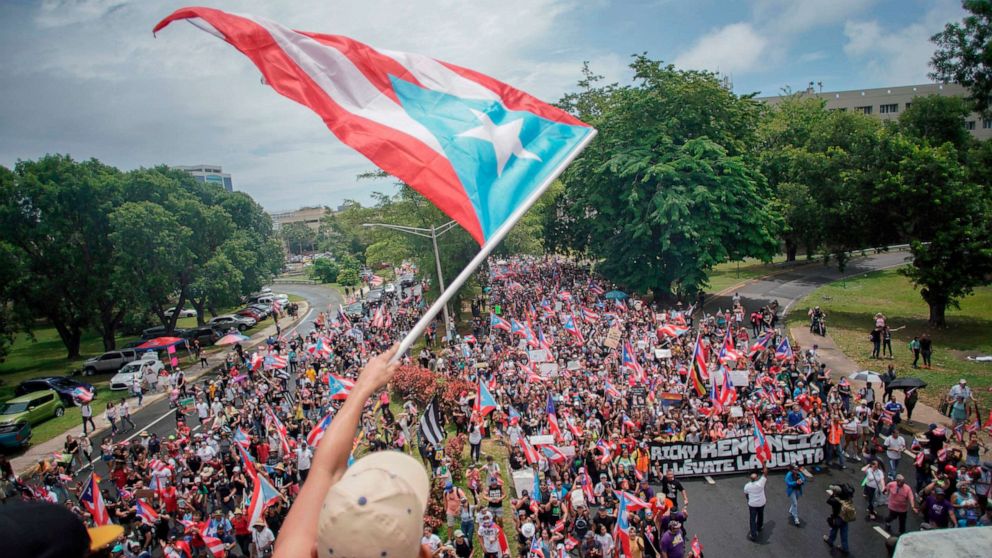 Esta Ley en su Artículo 36 enmienda el proceso de elección del Comisionado Residente y dispone de modo expreso su condición como delegado ante la Cámara de Representantes del Congreso. El 3 de julio de 1950 con la aprobación de la Ley Pública 81-600, se enmienda la Carta Orgánica Jones y cambia su nombre a Ley de Relaciones Federales con Puerto Rico, manteniendo en vigencia sus disposiciones sobre el puesto, las que, codificadas como 48 USC Secciones 891 a 894 según sus enmiendas posteriores, aún hoy rigen la figura del comisionado residente:
Esta Ley en su Artículo 36 enmienda el proceso de elección del Comisionado Residente y dispone de modo expreso su condición como delegado ante la Cámara de Representantes del Congreso. El 3 de julio de 1950 con la aprobación de la Ley Pública 81-600, se enmienda la Carta Orgánica Jones y cambia su nombre a Ley de Relaciones Federales con Puerto Rico, manteniendo en vigencia sus disposiciones sobre el puesto, las que, codificadas como 48 USC Secciones 891 a 894 según sus enmiendas posteriores, aún hoy rigen la figura del comisionado residente:
Los electores capacitados de Puerto Rico un Comisionado Residente en los Estados Unidos por el término de cuatro años, que se contarán desde el día tres de enero siguiente a dichas elecciones generales, y quien tendrá derecho a reconocimiento oficial como tal Comisionado por todos los departamentos del Gobierno de los Estados Unidos, previa presentación, por conducto del Departamento de Estado, de un certificado de elección extendido por el Gobernador de Puerto Rico.
Ninguna persona será elegible para el cargo de Comisionado Residente si no es un ciudadano de buena fe de los Estados Unidos y mayor de veinticinco años de edad, y si no sabe leer y escribir el idioma inglés. En caso de quedar vacante el cargo de Comisionado Residente por muerte, renuncia o por otra circunstancia, el Gobernador, con el concurso y consentimiento del Senado, nombrará un Comisionado Residente para cubrir la vacante, quien desempeñará el cargo hasta las próximas elecciones generales y hasta que su sucesor sea elegido y tome posesión.
El Comisionado Residente percibirá un sueldo, pagadero mensualmente por los Estados Unidos. A dicho Comisionado se le concederá para gastos de escritorio y pago del personal de oficina necesario, la misma suma que en la actualidad se concede a los miembros de la Cámara de Representantes de los Estados Unidos. Tendrá el privilegio de franqueo concedido a los miembros del Congreso. El salario y los gastos de traslado del Comisionado Residente de Puerto Rico a los Estados Unidos serán pagados por el oficial Administrador de la Cámara de Representantes de los Estados Unidos en las mismas condiciones que los de los miembros de la Cámara de Representantes.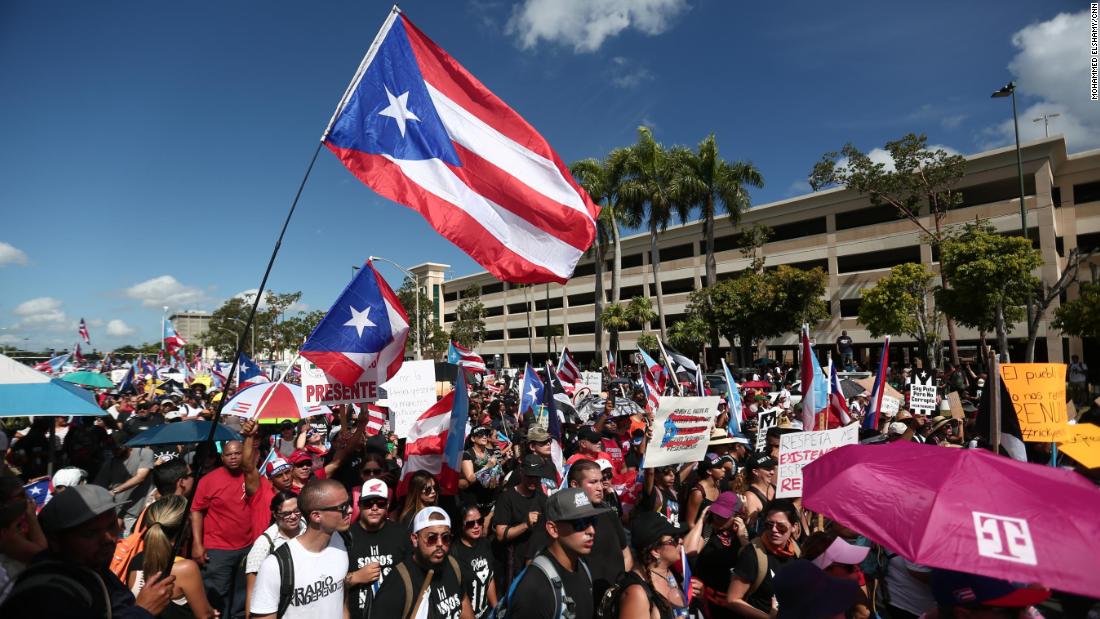
Esto hace al Comisionado Residente el único Miembro del Congreso con un término electivo de cuatro años.
Conforme a las disposiciones de la Ley 600, la aprobación de la Constitución de Puerto Ricoen 1952 fue ratificada bajo la Ley de Relaciones Federales y no afectó la figura del comisionado residente.
Desde 1900 Puerto Rico ha tenido 20 comisionados residentes ante los Estados Unidos, siendo el primero Federico Degetau y la más reciente Jenniffer González Colón, ambos republicanos y esta última la primera mujer en ocupar el cargo.
Para conocer más sobre cada uno de los comisionados residentes de Puerto Rico, presione el nombre de cada uno.
Federico Degetau y González 1862-1914; Partido Republicano; Congreso 57 (1901-1903), Congreso 58 (1903-1905)
Tulio Larrínaga y Torres Vallejo 1847–1917, Partido Unionista; Congreso 59 (1905–1907), Congreso 60 (1907–1909), Congreso 61 (1909–1911)
Luis Muñoz Rivera 1859–1916; Partido Unionista; Congreso 62 (1911–1913), Congreso 63 (1913–1915), Congreso 64 (1915–1917)
Félix Córdova Dávila 1878–1938; Partidos Unionista y de la Alianza Puertorriqueña Unionista; Congreso 65 (1917–1919), Congreso 66 (1919–1921), Congreso 67 (1921–1923), Congreso 68 (1923–1925), Congreso 69 (1925–1927), Congreso 70 (1927–1929), Congreso 71 (1929–1931), Congreso 72 (1931–1933)
José Lorenzo Pesquera 1882-1950, sin partido, Congreso 72 (1931–1933)
Santiago Iglesias Pantín 1872–1939 Electo por la Coalición entre Partido Socialista y el Partido Unión Republicana; presidente del Partido Socialista; Congreso 73 (1933–1935), Congreso 74 (1935–1937), Congreso 75 (1937–1939), Congreso 76 (1939–1941).
Bolivar Pagán 1897–1961 Electo por la Coalición entre Partido Socialista y el Partido Unión Republicana; presidente del partido SocialistaCongreso 76 (1939–1941), Congreso 77 (1941–1943), Congreso 78 (1943–1945)
Antonio Fernós-Isern 1895–1974 Partido Popular Democrático; Congreso 79 (1945–1947), Congreso 80 (1947–1949), Congreso 81 (1949–1951), Congreso 82 (1951–1953), Congreso 83 (1953–1955), Congreso 84 (1955–1957), Congreso 85 (1957–1959), Congreso 86 (1959–1961), Congreso 87(1961–1963), Congreso 88 (1963–1965)
Jesús Toribio Piñero 1897–1952 Partido Popular Democrático; Congreso79 (1945–1947)
Santiago Polanco-Abreu 1920–1988 Partido Popular Democrático; Congreso89 (1965–1967), 90 (1967–1969)
Jorge Luis Córdova-Díaz 1907–1994 Partido Nuevo Progresista; Congreso 91 (1969–1971), 92 (1971–1973)
Jaime Benítez 1908–2001 Partido Popular Democrático; Congreso 93 (1973–1975), Congreso 94 (1975–1977)
Baltasar Corrada-del Río 1935- 2018 Partido Nuevo Progresista; Congreso 95 (1977–1979), Congreso 96 (1979–1981), Congreso 97 (1981–1983), Congreso 98 (1983–1985)
Jaime B.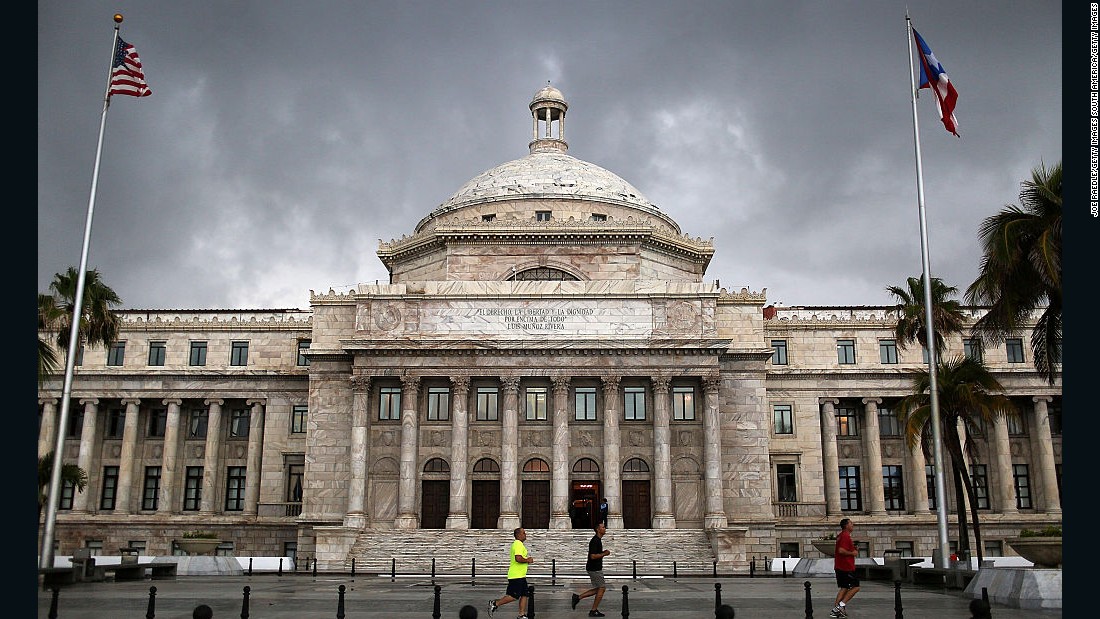 Fuster 1941–2007 Partido Popular Democrático; miembro del caucus Demócrata; Congreso 99 (1985–1987), Congreso 100 (1987–1989), Congreso 101 (1989–1991), Congreso 102 (1991–1992)
Fuster 1941–2007 Partido Popular Democrático; miembro del caucus Demócrata; Congreso 99 (1985–1987), Congreso 100 (1987–1989), Congreso 101 (1989–1991), Congreso 102 (1991–1992)
Antonio J. Colorado 1939- Partido Popular Democrático; miembro del caucus Demócrata; Congreso 102 (1992–1993)
Carlos Antonio Romero-Barceló 1932-2021 Partido Nuevo Progresista; miembro del caucus Demócrata; Congreso 103 (1993–1995), 104 (1995–1997), 105 (1997–1999), 106 (1999–2001)
Aníbal Acevedo-Vilá 1962- Partido Popular Democrático; miembro del caucus Demócrata; Congreso 107 (2001–2003), 108 (2003–2005)
Luis Guillermo Fortuño1960- Partido Nuevo Progresista; miembro del caucus Republicano; Congreso 109 (2005–2007), 110 (2007–2009)
Pedro Pierluisi 1959- Partido Nuevo Progresista; miembro del caucus Demócrata; Congreso 111 (2009–2011), 112 (2011–2013), 113 (2013–2015), 114 (2015–2017)
Jenniffer A. González Colón 1976- Partido Nuevo Progresista; miembro del caucus Republicano; Congreso 115 (2017–2018), Congreso 116 (2019-2020), 117th (2021-2022)
Jenniffer González-Colón – www.
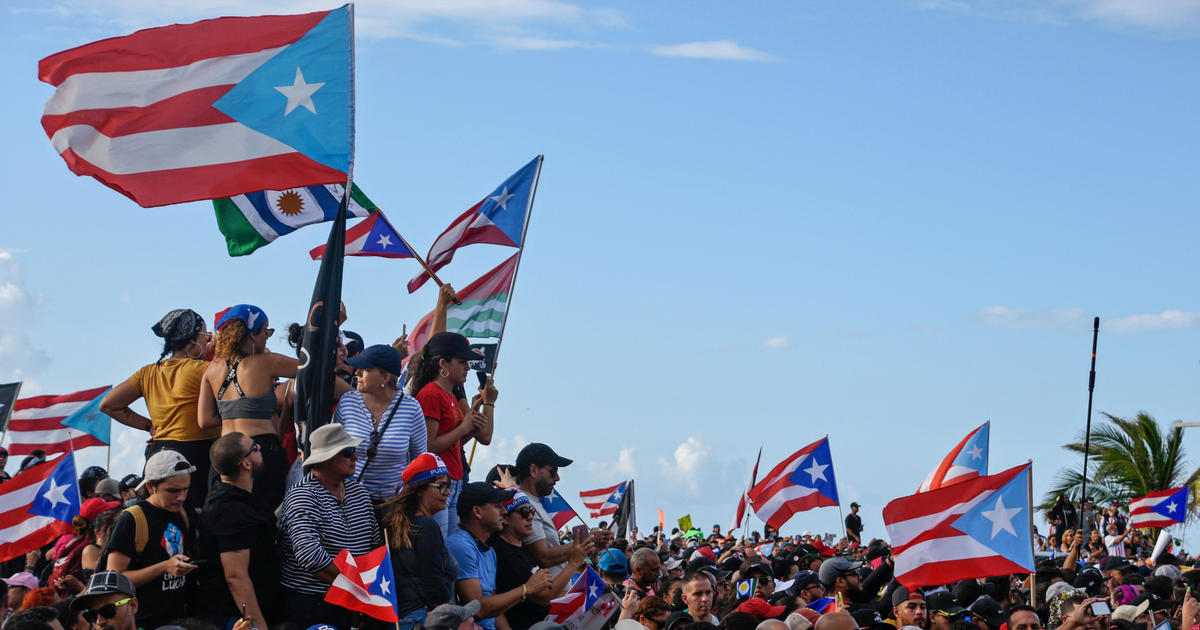 gop.gov
gop.gov
Jenniffer González-Colón was elected November 8th, 2016 as Puerto Rico’s sole Representative to the U.S. Congress, known as Resident Commissioner. The first woman to hold the office, Ms. Gonzalez-Colón received the most votes (over 718,000) of any elected official on the Island in that election.
A lifelong Republican activist for Puerto Rican statehood, Ms. González-Colón entered electiveoffice in a 2002 special Election, becoming the youngest member at the time of the Puerto Rico House of Representatives. She quickly rose through the ranks achieving the posts of Speaker of the House for four years and Minority Leader for another four.
Her priorities as Puerto Rico’s voice in Congress include spearheading the economic recovery of Puerto Rico, securing equal treatment for Puerto Rico’s three and a half million U.S. Citizens in federal laws, regulations, services, and funding, and ensuring that Congress responds decisively to the overwhelming mandate of Puerto Rico’s voters for admission as the 51st state of the Union in both plebiscites by 61.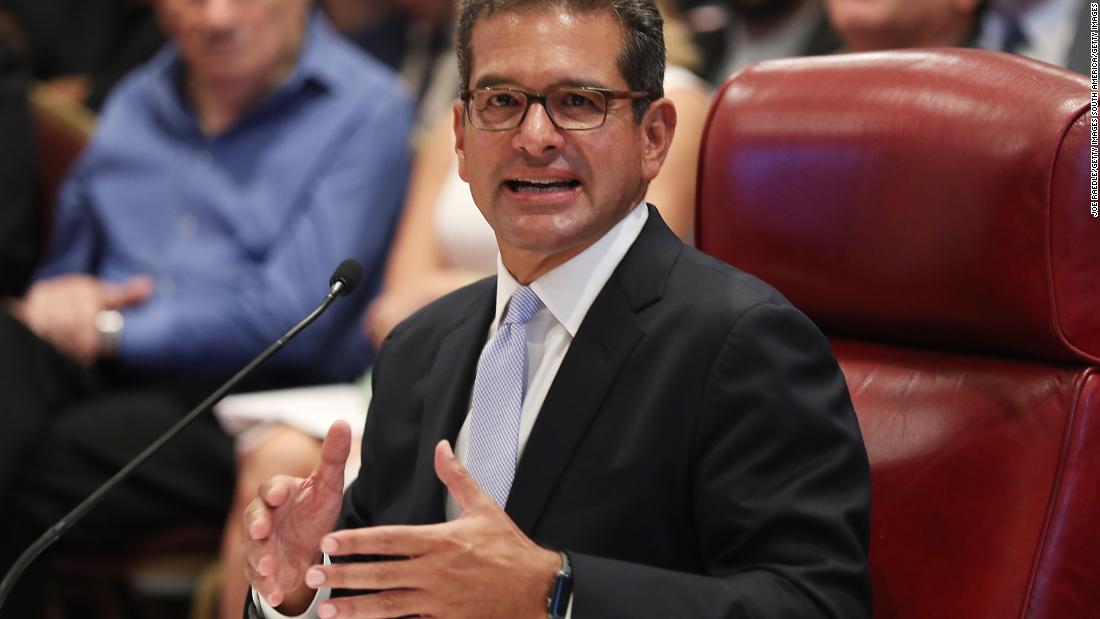 3% in November 2012 and 97% in July 2017.
3% in November 2012 and 97% in July 2017.
She has made her presence felt on Capitol Hill, being elected by her colleagues to the influential Republican Conference House Policy Committee and selected to the Speaker’s Intergovernmental Affairs Task Force. González-Colón is a member of the House Committees on Transportation and Infrastructure, Science, Space, and Technology and Natural Resources in the 116th Congress and was part of the Committees on Veterans’ Affairs and Small Business in the 115th.
She became the co-Vice Chair of the Women’s Congressional Policy Institute in 2019; chairs the Puerto Rico Economic Growth Caucus and co-chairs the Congressional Friends of Spain Caucus and was a member of the US delegation to the NATO Parliamentary Assembly.
The Congresswoman has sponsored or co-sponsored legislation to improve services to Veterans, provide equal treatment to citizens in the U.S. Territories, protect access to education, strengthen security and promote Small Business.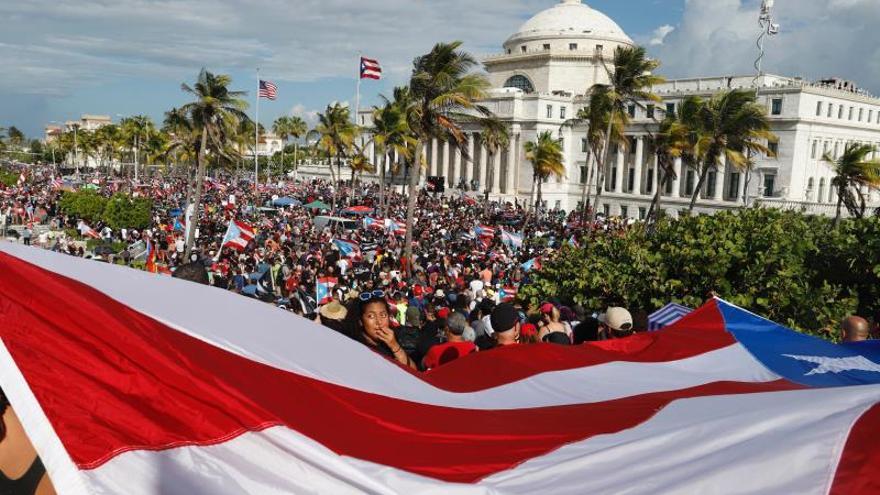 These efforts have led to the appropriation of $4.9 Billion to stabilize the Puerto Rico Medicaid program and the expansion of the Opportunity Zones job creation program to all the Island.
These efforts have led to the appropriation of $4.9 Billion to stabilize the Puerto Rico Medicaid program and the expansion of the Opportunity Zones job creation program to all the Island.
González Colón had to represent Puerto Rico during its worst natural disaster in 90 years after hurricanes Irma and Maria. Her efforts to keep Puerto Rico’s recovery at the forefront of Congress’ attention, organizing visits of members of Congress and high federal officials, building bipartisan alliances, have produced over $30 Billion in appropriations after the disaster as well as legislation allowing infrastructure to be rebuilt to improved standards, full federal share in funding for rebuilding, and an extension in the emergency agencies’ mandates.
She has been recognized by NewsMax as one of the 100 most influential Republican women, by The Hill as one of the new members to watch, and by Georgetown University and the Lugar Center as one of the top 20 team working Members of the House.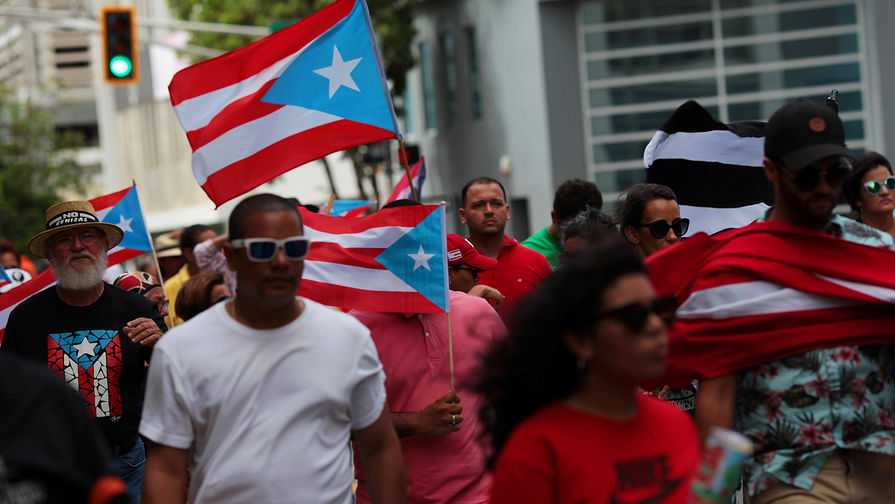 She received the National Trailblazer Award from the League of United Latin American Citizens and APEX Award for Mental Health advocacy from the American Psychiatric Association.
She received the National Trailblazer Award from the League of United Latin American Citizens and APEX Award for Mental Health advocacy from the American Psychiatric Association.
A product of the Puerto Rico public schools, holder of a Juris Doctor and Master of Laws degree (LL.M.), González-Colón serves as Chair of the Puerto Rico Republican Party, and First Vice Chair of the local New Progressive Party, standard bearer for Puerto Rico statehood. She has received recognition for her career as an elected official by the Puerto Rico United Retailers Center, the Spanish Chamber of Commerce, and Manufacturer’s Association and was selected as an Elected Woman of Excellence by the National Foundation for Women Legislators, among other awards and memberships.
Experts spoke about the deprivation of 8.6 million Americans of the right to participate in elections – Gazeta.ru
Experts spoke about the deprivation of 8.6 million Americans of the right to participate in elections – Gazeta. Ru | News
Ru | News
close
100%
In the midterm elections to the US Congress, which will be held today, November 8, approximately 8.6 million Americans will be deprived of active suffrage. Such figures were given by the Russian Foundation for Free Elections (RFSF) – these data are provided on the website of the Association “Independent Public Monitoring” (NOM).
Some of these data were confirmed in the spring report of the OSCE Office for Democratic Institutions and Human Rights (ODIHR) mission.
In accordance with the laws of the states, certain categories of US citizens are deprived or limited in the exercise of voting rights. According to the Russian Foundation for Free Elections (RFVC), a total of about 8.6 million American citizens in this election of the US House of Congress will be limited or disenfranchised.
Moreover, in a number of states, disenfranchisement of certain categories of citizens is for life, according to the NOM website.
Over 330 million people were registered in the 50 states, according to the latest US National Census in 2020.
In preparation for the midterm elections to the US Congress, about 66% of voters of the total population of the country registered.
According to the US Constitution, approximately 600,000 residents of the District of Columbia have the right to vote in the election of the President of the United States, but they do not have such a right in elections to the US House of Congress. Therefore, the district does not have its own representation in the Senate, and in the House of Representatives it has only one delegate with the right of an advisory, but not a decisive vote, RFSV experts clarify.
Approximately 3.5 million more residents of five US territories – American Samoa, the Virgin Islands, Guam, the Northern Mariana Islands, Puerto Rico – over 90% of which are representatives of racial and national minorities, are also not eligible to vote on US congressional elections. They also do not have their own representation in the US Congress.
They also do not have their own representation in the US Congress.
Over 3 million more US citizens are disenfranchised due to their crimes and sentences to more than one year in prison.
In addition, 1.5 million are under guardianship and also have limited rights.
Alena Bulgakova, executive director of the NOM, member of the Russian Civic Chamber, believes that the above facts indicate that American law actually declares the rejection of the principle of universal suffrage and general elections in the United States.
Subscribe to Gazeta.Ru in News, Zen and Telegram.
To report a bug, select the text and press Ctrl+Enter
News
Zen
Telegram
Julia Melamed
Journalist drank away the globe
About eco-park hotels and Russian monuments in Russia and Europe
Georgy Bovt
If you don’t catch up, you won’t bury
About how we wanted to overtake America, but then changed our minds
Aleksey Mukhin
Peking lame duck
About a possible conflict between the US and China
Maria Degtereva
There are miracles, there the goblin roams
About bureaucracy and officialdom in Russia
Ivan Glushkov
Cold dish
About a gastronomic trip to Taimyr
Error found?
Close
Thank you for your message, we will fix it soon.
Continue reading
How the elections to the US Congress are held
November 7, 12:15
Midterm elections to the US Congress
TASS-DOSIER. On November 8, 2022, elections to the 118th Congress will be held in the United States.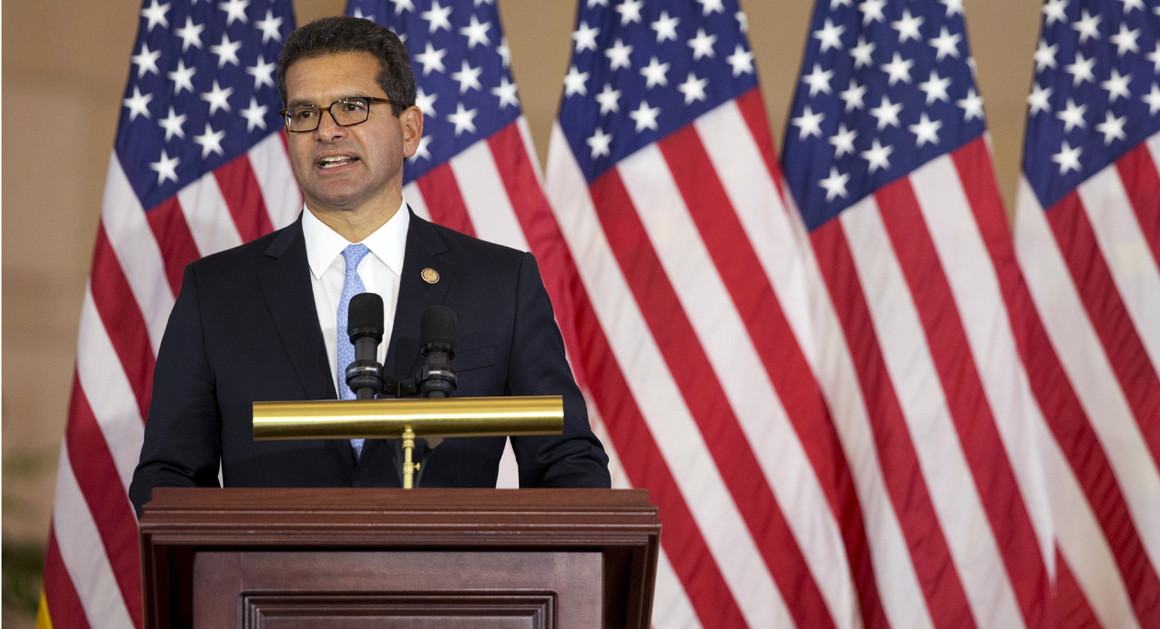 In their course, a new composition of the House of Representatives must be elected and a third of the Senate re-elected. TASS has prepared material on the powers, composition and formation of the highest legislative body of the United States.
In their course, a new composition of the House of Representatives must be elected and a third of the Senate re-elected. TASS has prepared material on the powers, composition and formation of the highest legislative body of the United States.
Powers
According to Article 1 of the US Constitution (1787), Congress consists of two houses – the Senate (upper house) and the House of Representatives (lower house).
Congress approves the federal budget, establishes uniform taxes and duties for the entire territory of the country, determines the ceiling of the state debt, regulates foreign and domestic trade, and controls the activities of the executive branch. Congress has the power to declare war and form the military (the president can use the military without declaring war for up to 60 days). The House of Representatives also has the right to elect the President of the United States if during the presidential election none of the candidates receives more than half of the electoral votes (there were two such cases in US history – in 1801 and 1824).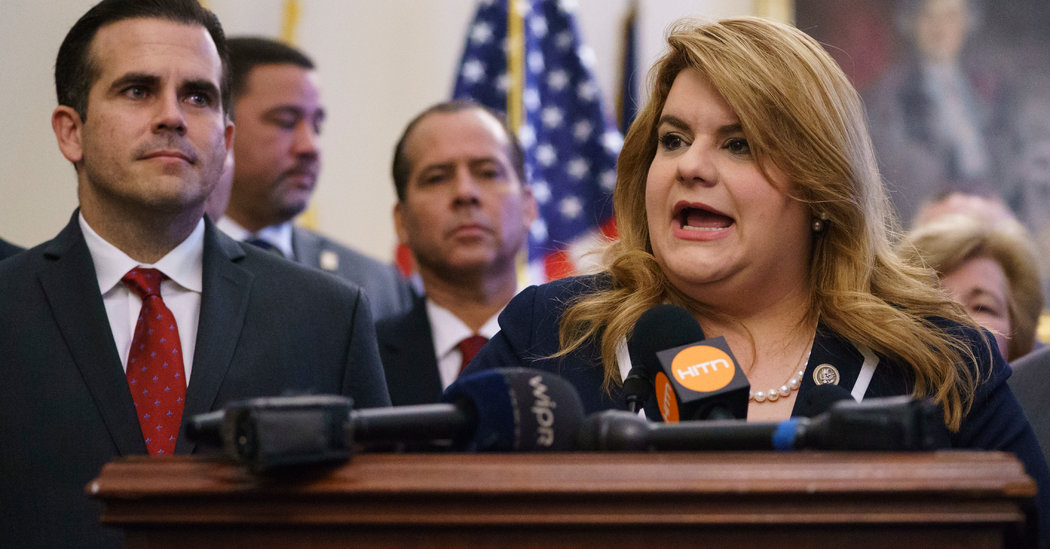
The most important powers of the Senate are the approval of international treaties and presidential appointments to the highest government posts. In addition, the Senate has the right, on the proposal of the House of Representatives, to decide on the impeachment of the president.
The term of each Congress is two years, usually beginning on January 3 of the year following the election.
The seat of Congress is the Capitol on Capitol Hill in Washington.
Election
Elections are held on the first Tuesday after the first Monday in November in an even year. In a leap year, they coincide with presidential elections and are called nationwide, in a non-leap year – intermediate, as they fall in the middle of the powers of the incumbent president and serve as an indicator of the level of support by the population of the party whose representative occupies the White House.
The United States has historically had a strong two-party system. Since the 1850s, both houses of Congress and state legislatures have been controlled by the Democratic and Republican parties. Other political forces do not play a significant role in the life of the country.
Other political forces do not play a significant role in the life of the country.
As a rule, candidates go through the process of primary party elections (primaries), in some states they are chosen by party conventions.
Members of Congress are directly elected by the majority system. The election procedure is established by state law. In most states, elections are held in one round using the principle of relative majority (to win, it is enough to get more votes than a competitor, and not necessarily more than half). However, some states (such as Louisiana and Georgia) require an absolute majority to win, sometimes leading to a 2nd round. There is no constitutional limit on the number of terms for which members of both chambers can be elected.
Elections are financed partly from the state budget, candidates’ personal funds and donations. A Supreme Court decision in 2010 and upheld in 2014 lifted restrictions on the flow of corporate money into party and candidate funds, allowing virtually unlimited and in some cases anonymous sponsorship.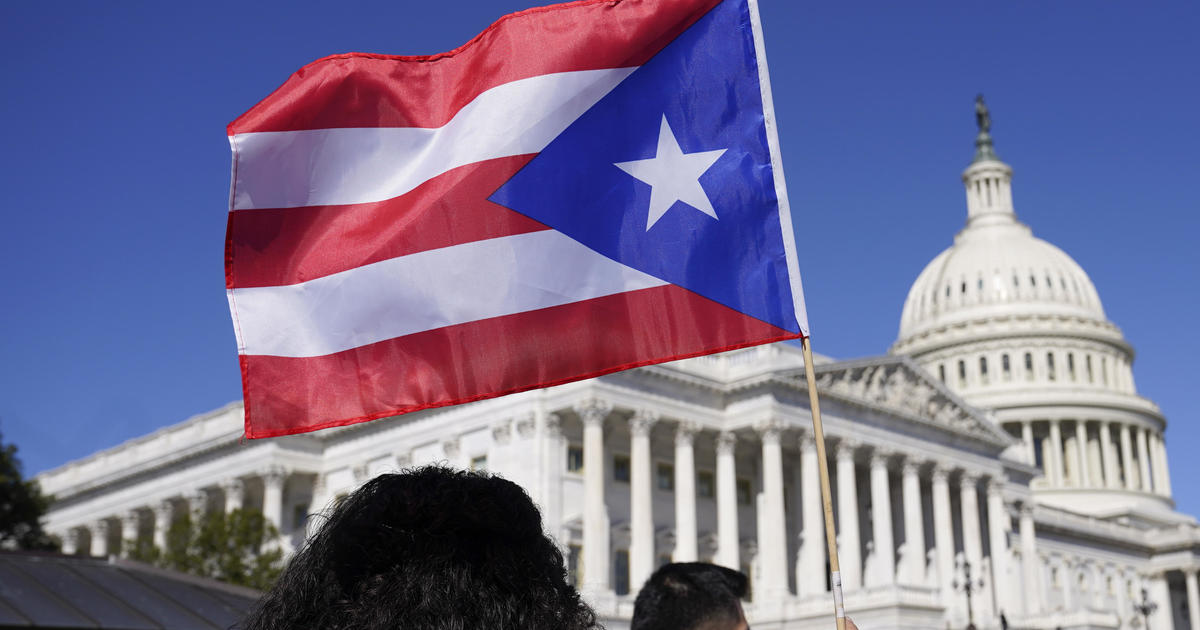
All American citizens over the age of 18 who have resided in the United States for a specified period of time (duration determined by state law) have active voting rights.
Formation of the Senate
The Senate is composed of 100 members, two from each state. Thus, all states have equal representation, regardless of population. A senator must be an American who is at least 30 years old, has been a US citizen for at least nine years, and has been a resident of the state from which he is elected. The term of office of senators is six years. To ensure stability and continuity in the activities of the chamber, every two years one-third of the members are subject to re-election (senators from one state are not elected at the same time). When a seat in the Senate is vacant in a number of states, by-elections are held, in which the candidate is elected not for six years, but until the end of the term of the retired senator, in some states the governor may appoint an interim senator.
Formation of the House of Representatives
There are 435 members in the House of Representatives (traditionally referred to as congressmen). The mandates are distributed among the states according to their population (according to the census every ten years). According to the 2020 census, each member of this House represents approximately 761,000 voters. The states of California (52) and Texas (38) have the most MPs. A U.S. citizen over the age of 25 who has been a citizen for at least seven years and has resided in the state from which he is nominated may be elected to the House of Representatives. Congressmen are elected to two-year terms. In the event of the removal or death of a member of the House of Representatives, a by-election is held.
In addition to the 435 members of Congress, the lower house has one non-voting representative each from the District of Columbia and the unincorporated territories of the Virgin Islands, Guam, American Samoa, the Northern Mariana Islands, and Puerto Rico (elected according to their domestic laws).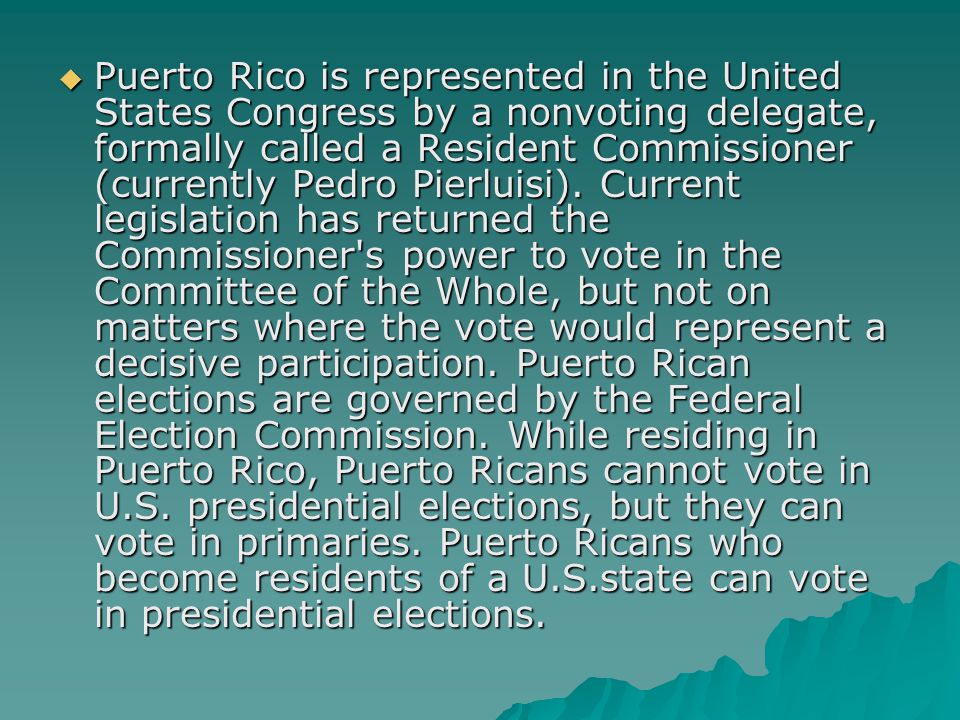 They may propose legislation and vote in committees, but not in the House of Representatives.
They may propose legislation and vote in committees, but not in the House of Representatives.
Leadership of the Chambers
The Senate is headed by the vice president of the country, but his participation in the voting is limited only to those cases when the votes of the senators are equally divided. The Vice President presides over the Senate, usually at ceremonial occasions and necessarily at the counting of Electoral College votes. The actual head of the chamber is the chairman pro tempore. This position is usually held by the most senior senator from the majority party (an absolute majority is required for confirmation).
The Speaker of the House of Representatives is elected by an absolute majority. He presides over joint meetings of the Senate and the House of Representatives, except when the meetings are chaired by the Vice President of the United States. In the list of presidential succession, the speaker of the House of Representatives takes place after the vice president, being, in fact, the third person in the hierarchy of the US political system.